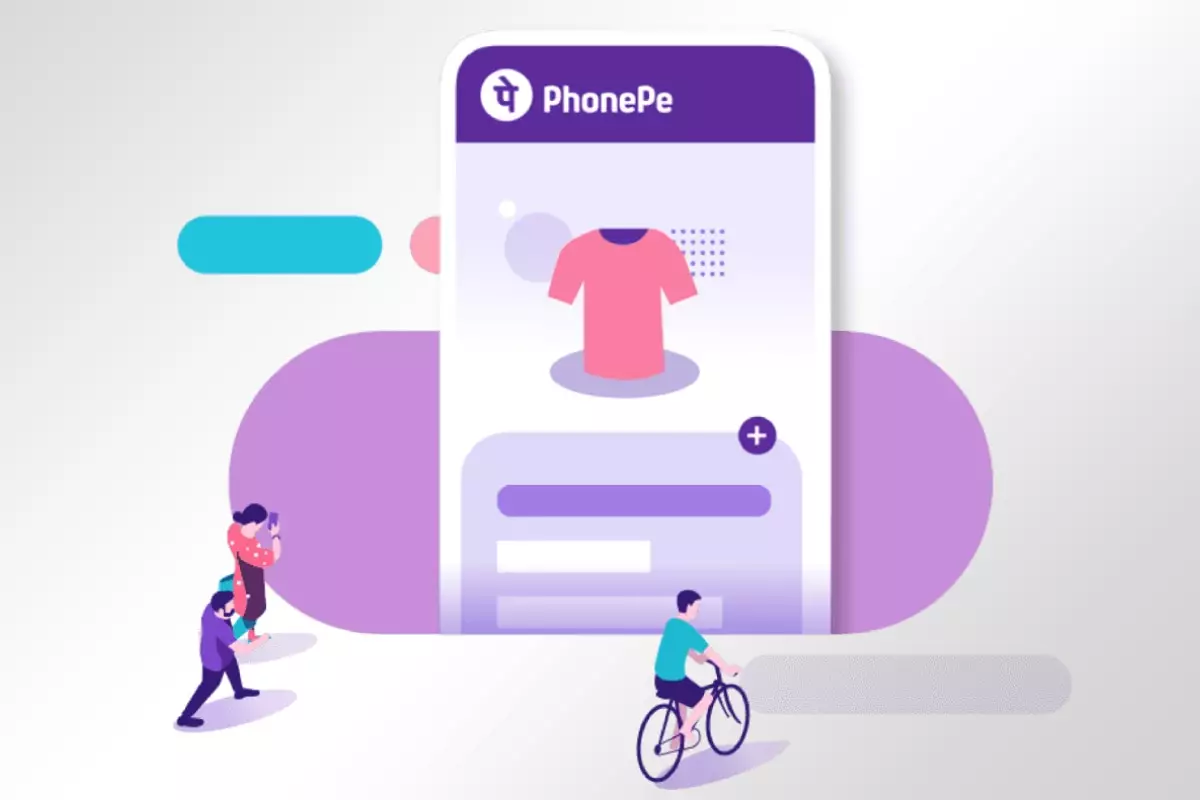The digital finance landscape in India is undeniably evolving, and PhonePe’s recent launch of the UPI Circle feature showcases its ambition to push boundaries in financial inclusivity. This innovative service allows primary users—particularly those with bank accounts—to extend payment capabilities to secondary users, such as family members or friends who might not have their own banking facilities. The development is driven by the National Payments Corporation of India (NPCI), indicating a national dedication to revolutionize transactional practices across diverse demographics. However, one must ponder whether this is genuinely an empowering initiative or a thinly veiled tool for exerting control over financial freedoms.
Supervised Spending: A Double-Edged Sword
At first glance, UPI Circle appears to be a consumer-friendly feature allowing for supervised spending. On the surface, it facilitates the financial interaction between banked and unbanked users, providing limited access to digital transactions without necessitating a bank account. This could be a lifesaver for individuals who need to make online purchases or pay bills but cannot secure a bank account for various reasons.
Yet, this ‘supervised spending’ carries with it a certain elitism; the very nature of creating a hierarchy—where one individual controls the financial freedom of another—raises questions about autonomy and independence. The options of Partial and Full Delegation might come off as practical features, but they risk perpetuating an insidious form of financial paternalism. The primary user, even if well-intentioned, holds tight reins over the spending habits of others, potentially leading to scenarios where necessary purchases are denied or greatly monitored.
It could easily become a breeding ground for tension, as financial decisions—particularly those affecting essential life choices—are subjected to the whims of another person’s approval or set limits. While delegation might sound empowering, it often does more to reinforce unequal power dynamics, particularly within familial and friend groups.
Limitations and Controls: Rethinking User Empowerment
PhonePe’s introduction of spending limits further complicates its narrative of empowering users. While a spending cap of Rs. 15,000 a month may seem generous, it essentially reduces the secondary user’s financial agency to a predetermined quota dictated by a primary user. The transaction limits can create unnecessary barriers for users who might require flexibility in their spending. Life is unpredictable, and a crucial need may arise that simply can’t be addressed within the fixed confines of such limits.
Moreover, the notification system—where primary users are alerted after every transaction—undermines the sense of trust that ideally ought to exist within these financial relationships. It serves as a constant reminder of oversight rather than encouraging independence. While this transparency might be lauded as a safeguard, it essentially transforms the experience into one of surveillance rather than support.
Thus, while PhonePe’s initiative is commendable in its attempts to weave digital convenience into everyday life, it reveals a fundamental contradiction in its approach toward user empowerment. The UPI Circle may facilitate transactions, but it simultaneously infringes on the unencumbered autonomy that should be the hallmark of digital financial services.
The Competition: Google Pay’s Daunting Delays
It’s worth noting that PhonePe did not jump into this space alone. Google Pay has also announced support for UPI Circle, albeit with extensive delays in rollout. The apparent rivalry between these payment giants may signal a competition that pushes innovation but also raises concerns regarding the survival of smaller fintech entities that cannot keep pace with such aggressive developments.
Caution is warranted as we cheer for innovation; what happens when market leaders like PhonePe and Google Pay continue to dictate terms for the masses? The risks of creating a ‘winner takes all’ environment could ultimately stifle local innovation and reduce consumer choices.
In a world where financial empowerment ought to pivot on eliminating barriers rather than reinforcing them, solutions must embrace simplicity and inclusivity without placing undue restrictions on individual freedoms. PhonePe’s UPI Circle, while a leap forward in technology, straddles a fine line between facilitation and control. Therefore, while it aims to revolutionize digital spending, it also elicits a critical discussion about the deeply entrenched structures that define our financial interactions.



Leave a Reply